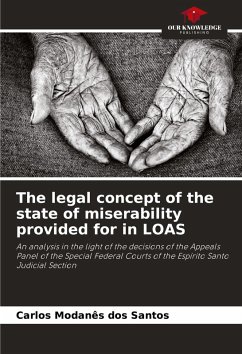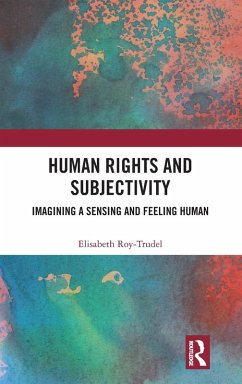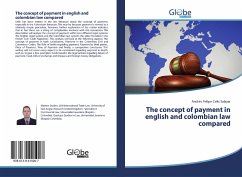
The Concept of a Libidinous Act Other Than Carnal Conjunction
The Concept of Libidinous Act Other Than Carnal Conjunction with the Advent of Law No. 13.718/2018
Versandkostenfrei!
Versandfertig in 6-10 Tagen
27,99 €
inkl. MwSt.

PAYBACK Punkte
14 °P sammeln!
The purpose of this research is to analyse the concept of libidinous act specifically translated into articles 213 of the Penal Code and article 215-A, introduced by Law 13.718/2018, to discuss the absence of taxability in the former, which makes its incidence clearly generic, as well as to point out the repetition of the problem in the latter type, which should bring balance between some conducts that today are interpreted as "rape". Thus, the article will seek to delimit the scope of the penal norm, based on the principle of proportionality and reasonableness, in the imputation of the term "...
The purpose of this research is to analyse the concept of libidinous act specifically translated into articles 213 of the Penal Code and article 215-A, introduced by Law 13.718/2018, to discuss the absence of taxability in the former, which makes its incidence clearly generic, as well as to point out the repetition of the problem in the latter type, which should bring balance between some conducts that today are interpreted as "rape". Thus, the article will seek to delimit the scope of the penal norm, based on the principle of proportionality and reasonableness, in the imputation of the term "rapist" to the offender. The aim is to identify, within the doctrine and jurisprudence, what the main controversial points are and what the consequences are of an imputation based on the common sense of the judge, in the fight against the feeling of impunity. We will then divide the concept of libidinous act based on the level of damage caused to the victim, in order to delimit which behaviours violate the Legal Good "Sexual Dignity".












